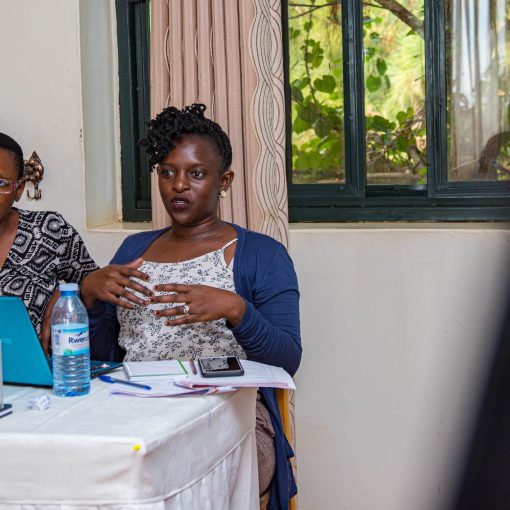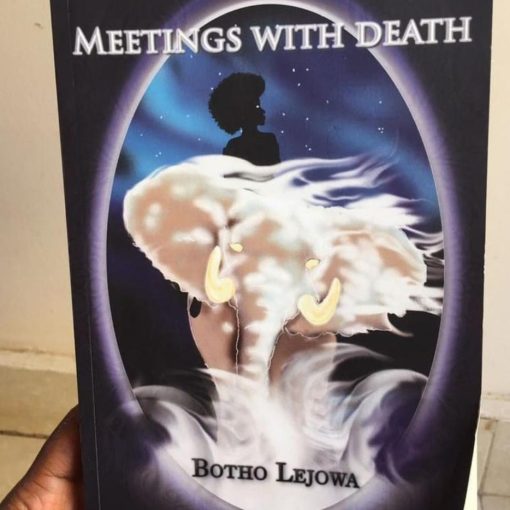
This session opened with a Question and Answer session. From questions around biography/autobiography rewrite approaches, number of stories to be included in a short story collection, the debate between spoken word versus poems on the page, to the distinction between independent publishing and self-publishing. The questions came fast and furious, covering a whole range of topics which were incredibly illuminating.
Following this Q+A time, Ellah Wakatama Allfrey unpacked the production costs attached to the publishing process. The types of costs reviewed included: author’s advance payments, royalties, reader fees, copy editing, typesetting, cover design, printing, marketing and publicity costs (to name a few).
The complexity of running a publishing business came to the fore in subsequent discussions. Participants communicated their understanding of a real need for raising professional standards as they worked through their publishing business strategy while maintaining a good working relationship with their writers – calling for a need for open and transparent contracts and communications.

The group work task around the flow of documentation between the stages of the editorial process, and the preparation of in-house documentation, invited participants to consider the following questions: Who is receiving the document (for example, structural editor, copy editor, proof reader)? What is their role and responsibility? And, what is the purpose of the document and why is it needed?

The participant presentations focused on ‘Publishing across Language and Genre’ and ‘Self-publishing enterprises’, and they were encouraging, optimistic and hopeful – offering innovative ways of doing publishing on the African continent.
Demere Kitunga brought the day’s programme to a close by offering alternate avenues to building audiences and shifting marketplaces. Another full and inspiring day!





